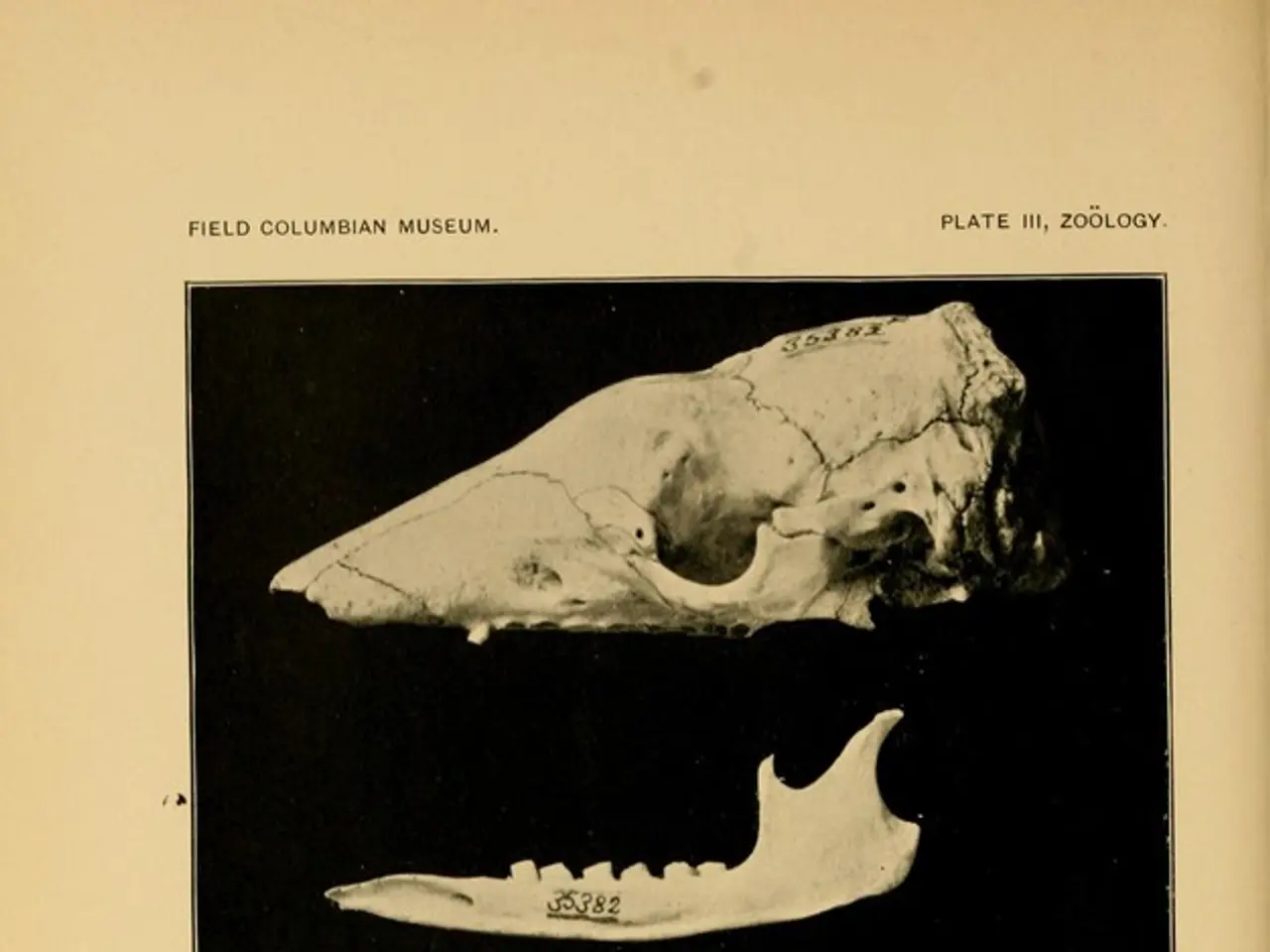Preservation of Mental Acuity: Adopting Mediterranean Diet and Active Lifestyle could potentially provide shield.
A Fascinating Study on the Combined Impact of the Mediterranean Diet and Walking on Dementia and Cognitive Decline
Researchers are delving into the potential of the MedWalk intervention, an innovative approach that combines a Mediterranean diet and walking, to reduce the risk of cognitive decline and dementia, including Alzheimer's disease.
MedWalk for Optimal Brain Health
At its core, the MedWalk intervention consists of adopting a Mediterranean diet and engaging in regular walking. Previous research has demonstrated their individual benefits for brain health, and the study aims to confirm their combined advantage.
The ongoing study, headed by researchers from various countries, has been affected by the COVID-19 pandemic, but authors have shared their workflow and data analysis findings in The Journal of Alzheimer's Disease.
The Study's Core Focus
Although initially conceived to last for 2 years, the trial's timeframe has been adjusted due to pandemic-related factors. The researchers now aim to follow participants for a year, enlisting a broader range of participants to enhance the study's findings' strength.
The key focus of the researchers is to measure a 12-month change in visual memory and learning among participants. Apart from this primary outcome, the study also seeks to evaluate the intervention's impact on aspects like mood, quality of life, and healthcare costs, along with cardiovascular health and arterial stiffness.
Participants and Intervention
The study participants are adults aged between 60 and 90 residing in South Australia and Victoria, Australia. Participants are recruited from retirement communities and, due to the pandemic, from the broader community as well.
Participants are assigned to either the MedWalk intervention group or a control group, maintaining their usual diet and activity levels. The intervention entails dietary modifications, supervised walking, and psychosocial support techniques to facilitate behavior change. Participants receive intensive assistance for the initial 6 months, with ongoing support offered for the subsequent 6 months.
The researchers provide detailed instructions on the Mediterranean diet, helping participants understand the underlying principles of this eating style. For example, they offer extra-virgin olive oil free of charge, a critical component of a Mediterranean diet, along with other foods.
After assessing their baseline fitness levels, participants take part in group walking sessions for the first 6 months followed by monthly sessions for the remaining duration of the trial.
The Mediterranean Diet and Brain Health
Certified nutritionist Conner Middelmann, specializing in the Mediterranean diet, stated to Medical News Today that research suggests the Mediterranean diet may lower the incidence of dementia. Other studies have found an association between the Mediterranean diet and reduced rates of Alzheimer's disease, the most common form of dementia.
While these studies indicate a link between the Mediterranean diet and reduced dementia risk, Middelmann emphasized that various factors can influence dementia risk, including genetics, lifestyle, and overall health. In her words, "Maintaining a healthy diet, like the Mediterranean diet, is just one aspect of a comprehensive approach to brain health and dementia prevention."
Regarding the reasons the Mediterranean diet may contribute to brain health, Middelmann cited antioxidants, omega-3 fatty acids, fiber, and the diet's reduced intake of processed foods and sugars. Additionally, the Mediterranean diet's social aspects, such as sharing meals and regular exercise, have been associated with better brain health.
Regular Walking and Cognitive Function
Research indicates that walking regularly may trigger slower cognitive decline. A study found a dose-dependent relationship between the number of steps taken and reduced dementia risk—participants taking 10,000 steps a day enjoyed a 50% lower risk of dementia.
Other research has found a correlation between walking speed and dementia, while a 2017 study published in the British Journal of Sports Medicine concluded that aerobic exercise like walking can strengthen cognitive impairment.
Walking: The Brain's Best Friend
Brain health coach Ryan Glatt from the Pacific Neuroscience Institute explains that walking may benefit cognitive function in several ways. "Walking may increase brain blood flow, depending on the intensity, duration, and frequency of walking," says Glatt. He adds that it may boost levels of brain activity, decrease stress, and improve feelings of well-being.
Moreover, the social aspects and exposure to nature inherent in walking may have additional cognitive benefits, according to Glatt.
By the end of 2023, the study's data collection period will be complete. The combined findings of this and future studies are expected to shed valuable insights into the MedWalk intervention's efficacy in promoting cognitive health and dementia prevention.
- The MedWalk intervention, a combination of a Mediterranean diet and regular walking, is being investigated for its potential to lower the risk of cognitive decline and dementia, including Alzheimer's disease.
- Conner Middelmann, a certified nutritionist specializing in the Mediterranean diet, believes that research suggests this diet may decrease the occurrence of dementia and Alzheimer's disease, which is the most common form of dementia.
- Regular walking may lead to slower cognitive decline, as indicated by a study showing a dose-dependent relationship between the number of steps taken and reduced dementia risk.
- Brain health coach Ryan Glatt suggests that walking can benefit cognitive function by increasing brain blood flow, boosting brain activity levels, decreasing stress, and improving feelings of well-being.
- The ongoing MedWalk study enlists participants aged between 60 and 90 from retirement communities and the broader community in South Australia and Victoria, Australia, and assigns them to either the MedWalk intervention group or a control group.
- The researchers are focusing on measuring a 12-month change in visual memory and learning among participants, as well as evaluating the intervention's impact on mood, quality of life, and healthcare costs, along with cardiovascular health and arterial stiffness.







